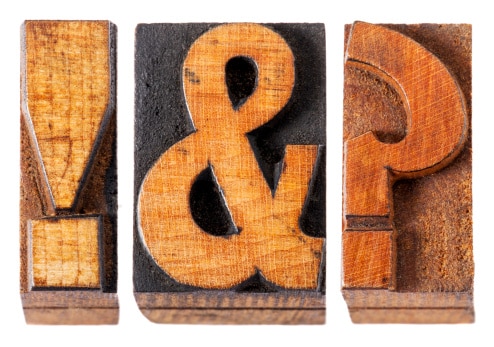When writing, whether you are writing something fun, a non-fiction or fiction book, a marketing project or a white paper, you don’t want your writing to sound disjointed. Using certain words to tie everything together makes your writing stand out and can make you the best ghostwriter for any subject. Disjointed writing is tiresome to read and strings of sentences without flow are difficult if not impossible to achieve without using some type of transitional phrase.
What is a Transitional Phrase
A transitional phrase ties thoughts together. Words such as “and,” “but,” “however,” “furthermore,” “moreover” and “thus” tie thoughts, sentences and paragraphs together. Transitional phrases could be conjunctions, adverbs or prepositional phrases. You can use these words anywhere within a paragraph, but they are especially useful when you need to break one long thought up into a couple of paragraphs. Reading something without paragraph breaks sends most people into conniptions, and they will often leave the page or the entire web site.
To Use or Not to Use Transitional Phrases
In some schools of thought, using transitional phrases is verboten. However, that should not be the case in most types of writing. When you use a transitional phrase, you let the reader know that there is either more to come on the subject or a take-away on the subject. Furthermore, it tells the reader there is more to come on the subject – even if only one sentence. It’s also a good way to continue a thought within a paragraph instead of writing a long sentence.
Where to Use Transitional Phrases
Transitional phrases are usually found at the beginning of a sentence. You can also use transitional phrases between sentence parts and within parts of sentences. A writer can use them in the same paragraph or as a lead-in to a second paragraph. However, there are times when you don’t want to use “and,” “but” or “or” and these include formal writing. When you need a transitional phrase in formal writing, you should use “however,” “thus,” “moreover” and “in addition.”
These words often sound too “formal” for informal writing, so although your favorite grammar checker tells you to use “in addition” instead of “and,” you might want to leave the “and” at the beginning of the sentence.
When It’s All Said and Done…
Ultimately, it is your choice to use transitional words – or the choice of the person for whom you are ghostwriting. The best ghostwriter will know whether a client prefers not to use transitional phrases – or may even debate whether they should be used. In this writer’s personal experience, though, most clients tend to think writing is choppy if the copy doesn’t use transitional phrases.
2024 State of Marketing Report
Your golden ticket to crush your goals with data-driven insights!
2024 State of Marketing Report
Your golden ticket to crush your goals with data-driven insights!


![[Rock NA] State of Marketing Reports 2024 – Comkt Hubspot State of Marketing Report 2024](https://rockcontent.com/wp-content/uploads/2022/07/Banner-Fino-Rock-Convert-2500-%C3%97-500-px-19.png)






